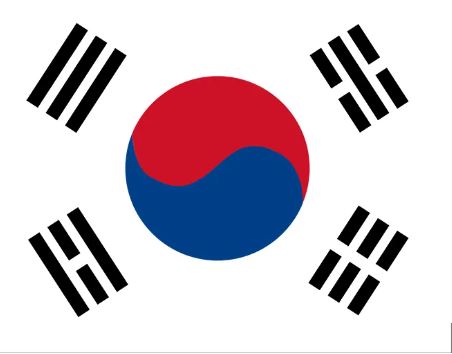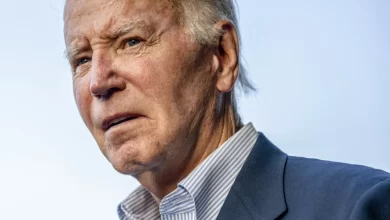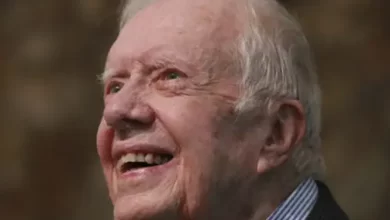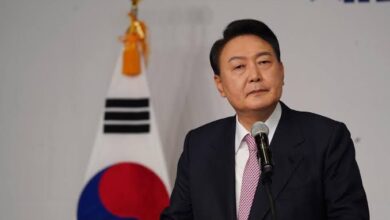South Korea In Political Turmoil: Martial Law Attempt Sparks Investigations And Calls For Resignation

South Korea, often viewed as a bastion of democratic stability in East Asia, is grappling with an unprecedented political crisis. President Yoon Suk Yeol is at the center of this turmoil following his controversial move to impose martial law, which has led to widespread outrage, a flurry of investigations, and mounting calls for his resignation.
Martial Law Attempt and Fallout
Last week, President Yoon shocked the nation by suspending civilian rule and deploying special forces and helicopters to the National Assembly in an attempt to impose martial law. This dramatic action was quickly reversed after lawmakers intervened, marking a severe blow to Yoon’s credibility. The episode has sparked allegations of insurrection and abuse of power against the president and several top officials.
Among those implicated are former defense minister Kim Yong-hyun, who was arrested on charges of “engaging in critical duties during an insurrection” and “abuse of authority to obstruct the exercise of rights.” Kim has publicly taken full responsibility for the events, expressing regret and claiming his subordinates were merely following his orders.
Travel Bans and Investigations
In a sweeping crackdown, South Korean authorities have imposed travel bans on several top officials linked to the martial law debacle. These include Commissioner General Cho Ji-ho of the Korean National Police Agency and two other senior police officials. The bans extend to former defense and interior ministers, as well as key military figures such as martial law commander General Park An-su.
Prosecutors are investigating a network of Yoon’s allies, many of whom share ties to the same academic institutions, for their alleged roles in the crisis.
Public Outrage and Political Maneuvering
The public’s response has been resolute. Massive candlelight vigils continue across the country, with tens of thousands demanding Yoon’s ouster despite freezing temperatures. The president narrowly survived an impeachment vote on Saturday after members of his People Power Party (PPP) staged a walkout, blocking the required two-thirds majority.
The PPP, under immense pressure, is reportedly drafting a “resignation roadmap” that could see Yoon stepping down as early as February or March, with elections potentially scheduled for April or May. This move aims to preempt a second impeachment attempt by opposition lawmakers.
Accusations of a ‘Second Coup’
The PPP’s proposed power transfer to the prime minister and party chief has sparked accusations of a “second coup” from opposition parties, deepening political divisions. Critics argue that the roadmap is a calculated move to consolidate power within the ruling party while deflecting public scrutiny.
Implications for South Korea’s Democracy
This political crisis represents one of the most severe challenges to South Korea’s democracy in recent memory. The unfolding events highlight the fragility of democratic institutions even in established systems and raise questions about the resilience of the country’s political framework.
As investigations continue and public pressure mounts, the future of South Korea’s leadership remains uncertain. The coming weeks will be pivotal in determining whether the nation can navigate this storm and reaffirm its democratic principles.



